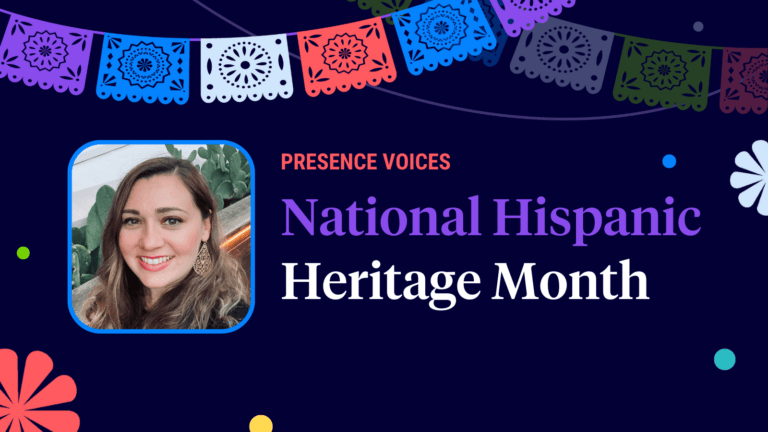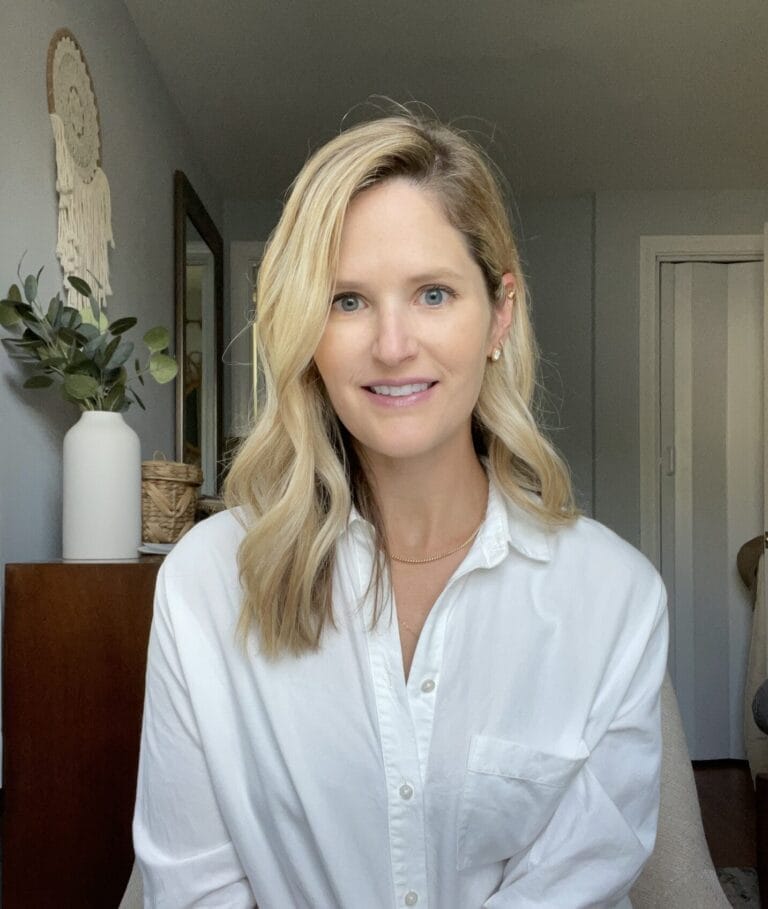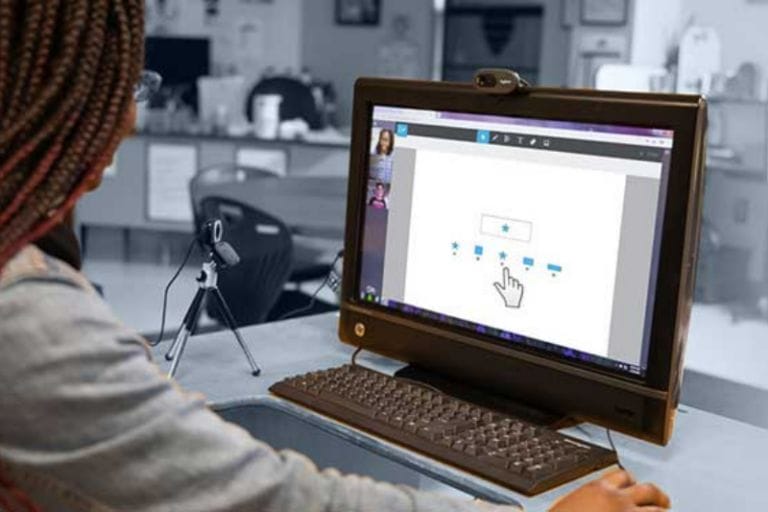

Could you share with us how your Hispanic Heritage shapes your values and choices?
I grew up in Fort Worth, Texas, and Burleson, right outside of Fort Worth. Both my parents were born and raised in Fort Worth, as well. My mother is Mexican-American and my father was of European ancestry. I am thankful to have grown up around two very different cultures. My mother was the youngest of seven children and her first language was Spanish. Her family was the only Hispanic family in her neighborhood growing up. My mother learned English once she started school, through the ESL program. As an adult, my mother has used her Spanish speaking skills to advocate and help bilingual families throughout her career as a pediatric respiratory therapist working at one of the leading children’s hospitals in the country.
My grandmother was a single parent and their family had many financial struggles growing up. As a minority family in the 1960s, they often had an uphill battle to get resources for their family. My grandmother was a determined woman and always worked hard to support her family—cleaning houses and taking care of children. She grew up in Refugio, Texas, outside of Corpus Christi. Refugio was a predominantly Mexican- and Spanish-dominant community when she was growing up. I think my grandmother was the third generation in the U.S.
I was always around both languages. My grandmother would speak both Spanish and English all the time around us so some of my first words were Spanish, but most of my first language was English. Even though my mom is fluent in Spanish, we didn’t hear Spanish at my house because my dad couldn’t speak it. I took Spanish in school as my foreign language.
I didn’t use Spanish as an SLP for my first five years. I was intimidated but seeing my mom use her Spanish skills in her work to help families who did not speak English or had limited English inspired me to try. She would always encourage me to work on my Spanish. Eventually I got the opportunity to cover for someone on maternity leave, supervising her SLP-As—her assistants who were bilingual—and my Spanish just started coming back so I worked on it and worked on it with some mentors and teams.
I supervised. I learned how to do evaluations. I used an interpreter first, and then, when I got more confident, I could do them without an interpreter. I still always like to have an interpreter present at parent meetings, but I started to branch out of my shell. I still have to really lean on the encouragement to keep trying, because it isn’t second nature for me.
My mom was definitely my role model. I could see how her Spanish language was comforting to the kids with medical issues at the children’s hospital. Watching her encouraged me to do the same, to bridge that gap a little bit and help with that understanding.
I really have a passion for all SLPs, not just bilingual SLPs, to be well versed in cultural differences of language. You don’t have to be an expert in every culture, but you are the language expert when you come to the table during an IEP meeting. So it is your job then—even if you get a kid speaking a language you’ve never heard of—to research it and to come to the table with those facts and information, because I think there can be a high risk for those kiddos to be misidentified with not just speech and language issues, but even cognitive issues or academic issues that are not accurate, because they just need more time to develop those skills.
Although I’m not doing bilingual work specifically with Presence, that’s something I would do with any caseload anywhere. I consider if they have any kind of second language influence or acquisition, or even if they feel strong in English, but their parents are speaking another language dominantly, they might have grammar errors, or syntax errors—that’s not a language disorder. Kiddos with just a language difference are going to develop out of that. It’s just something to keep in mind and it’s good for us to help inform the teachers and the other staff about that because they may not know.
For example, I’ve evaluated older elementary students—fourth and fifth graders. A child may have all the concepts down, and know the rules for grammar, but when they speak they may not speak it accurately with the correct English word order or grammar. When you test them, they may test within the normal range in both languages and or they might even be stronger in English than Spanish by that point, because English is their academic language.
It’s important to share with others working with bilingual students that difference in word order is often not reflective of their cognitive ability or their academic success. It’s still important to remind students of the rules, just like any child. If they’re using the wrong sentence order or grammar, you can correct them absolutely, because at that age you want to prepare them for middle school and high school. But it’s not necessarily reflective of a disorder. That has come up before. The student may not actually require speech therapy services. They may just need reminders. They have the language skills, but that can happen when you have dual language development—there’s often an impact and influence from one to the other because their brains are still developing.
What was your inspiration to become an SLP?
My mom encouraged me to be an SLP. She’s had a huge impact all my life. At the pediatric hospital in Fort Worth, she worked in the transitional care unit for kiddos who are medically compromised and need a longer stay in the hospital. On her floor there was a rehab unit which included physical therapists, occupational therapists, and speech pathologists. I was an undergraduate at the time and not really sure what I wanted to do yet.
I observed on her floor one day at the end of my first year, and I really liked it. I got to see the therapists work with the kids and help them communicate. That’s a big thing for me—I want kids to have a voice. I want to help them communicate, whatever that looks like, whether it’s verbal or not, to be heard. And I think bilingual issues come into play a lot with that, too. Kids have a lot to say. Sometimes we’re not using the right method. Sometimes we’re not using the right language. There’s just a lot more to take into consideration.
It just so happened that Texas Christian University, where I went to school, had a great speech-language pathology program. I went to grad school there as well. That’s what inspired me. My mom always had a medical field interest, but I think her nature is to be nurturing and caring and she does so much of that. There’s a lot of technical parts in her job, but I think the thing that helps her excel is her relationships with the families. They love her. I think they find a source of comfort with her. I’ve seen that impact. And so I feel like that filtered into the way I work with my kids and their families. I definitely want to do a good job as an SLP. But I really want the family to feel cared for, to feel like I’m in their corner, that I’m here to help them and their child.
Finding out your child has a disability and beginning the special education process can be a confusing and emotional process. This can be exacerbated if the family is limited English speaking or if they have different cultural views of the labels “disability” and “special education.” It’s important as SLPs to walk families through this process and ensure that we have clear communication. As SLPs, we are also able to advocate for bilingual children and explain the difference between language differences versus language disorders.
Both my mother and my grandmother have inspired me to be caring and helpful with others, especially those who may be struggling or have limited access to resources in their community. They also gave me such great examples of working hard and taking care of your family. I am thankful for my Hispanic heritage and hope to pass on these values to my daughter as well.
How did you find your way to Presence?
Honestly right now in the education world, and for SLPs for years, it’s become a pretty crazy workload at times. I think overall in our field, sadly a lot of us are getting burned out and feeling overwhelmed, being pulled in a million different directions, and trying to find some balance for mental health and for our family’s sake.
Simultaneously I’ve always been a working mom since I’ve had my daughter and I’ve had a few windows where I’ve been able to cut back on hours and work part time, but never for too long, and so I’m always seeking a way to be more present with my family. I had been praying over making a change. I enjoyed my last position, but it was often overwhelming due to ever-increasing demands and caseloads .
So I looked online. I read about Presence and it sounded like a really great opportunity. I applied. I didn’t even know they were offering full time positions when I applied. I thought even if it is a contract, I just want to see. And then when they called, they said, “And we’re looking into offering full time.” And I thought, Oh, my goodness, this is just an answer to my prayers. Everything I’ve learned about them since then, it’s just been a breath of fresh air.
I think it’s opened a window for SLPs to feel like we’re zoned in and focused on our actual job without all of the other distractions, without all of the extra demands, so that we can focus on what’s important—treatment and assessment of children with speech and language disorders and helping be a resource to the school and the parents. That’s our role. And I feel like it gives us that ability to fully focus on that, and also the blessing and freedom of being present. I feel like when I’m off work for the day, I’m off. I’m already here. I’m already home, you know, and when my child gets home from school, I’m right here. It offers more flexibility if I need to take her to the doctors or if she were home sick. That’s a huge blessing.




